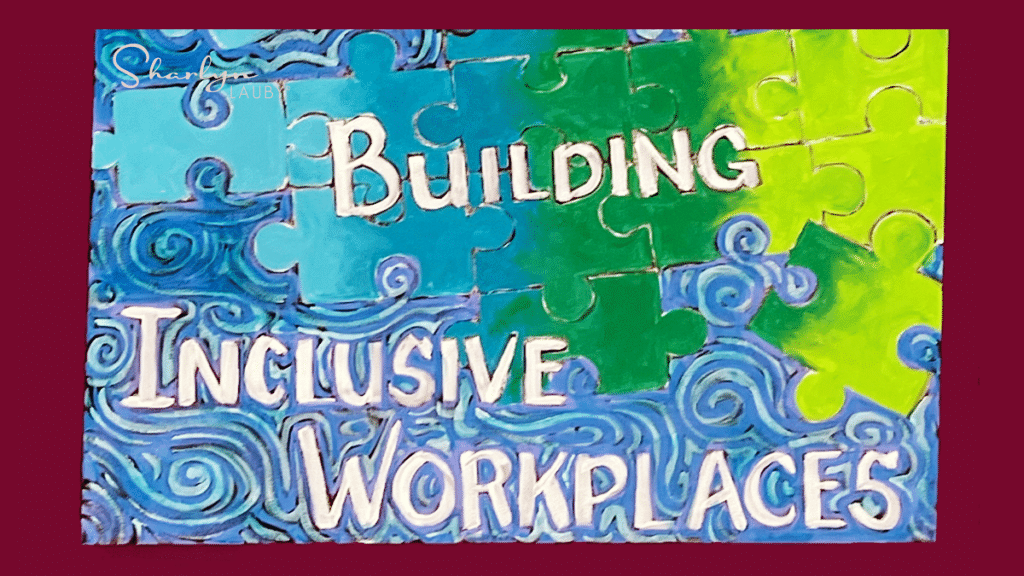Estimated reading time: 3 minutes
According to a survey from Pew Research, approximately 2% of U.S. adults are transgender or nonbinary, meaning that their gender is different from the sex they were assigned at birth. While that might seem like a very small percentage, 44% of U.S. adults say they know someone who is.
At this year’s Society for Human Resources Management (SHRM) Talent Conference, I had the opportunity to hear Ashley Brundage, founder and president of Empowering Differences, a consultancy providing LGBTQ+ education and training programs. During her session at SHRM Talent, Ashley shared stories about her transition and the challenges she faced. She also spoke about her role as vice president of diversity and inclusion for a national financial institution. Ashley provided a wealth of resources that we can use to help educate ourselves and our organizations.
The National LGBT Chamber of Commerce is the largest advocacy organization dedicated to expanding economic opportunities for LGBTQ people. Their offerings include a LGBTBE certification.
The National Center for Transgender Equality is the nation’s leading social justice advocacy organization for trans people. Their website includes self-help guides, an action center, and a legal services directory.
The Movement Advancement Project (MAP) is an independent non-profit think tank that provides research and communications to advance equality and opportunity for all. Their website includes messaging guides to help people have discussions about LGBTQ issues.
As human resources professionals, part of our role is to ensure that the people who engage with our organizations are treated equally and equitably. Here are some ways we can turn talk into action when it comes to providing a more equal, equitable, and inclusive work environment.
Create More Inclusive Workforce with More Inclusive Job Postings
There’s an old computer term called GIGO (garbage in, garbage out). It reminds us that poor systems result in poor outcomes. If organizations are serious about creating a more inclusive workplace, then they need to have an inclusive hiring process. And the hiring process starts with writing a good job posting.
Being a Better Ally is not About You
Companies need to have policies that support their talk about the importance of DEI. And on an individual level, it means the same thing. It’s great to post frustrations on social media about injustices. I’m not saying you should stop. But it also means backing up the talk with action when it comes to getting involved. Do your homework and get educated on the issues.
Organizations Can Create Workplace Belonging
Employees want to work for companies that make them feel welcome. They want to work at places where they feel they belong. And when it doesn’t happen, everyone suffers. But when belonging happens, employees can bring their best selves to work, and everyone is better for it.
I believe that organizations want to do the right thing. And that education is a step toward action. I hope that organizations are able to use these resources to do just that.
Image captured by Sharlyn Lauby while exploring the streets of New Orleans, LA
The post Bookmark This! The Equality Edition – HR Bartender appeared first on hr bartender.



0 Commentaires